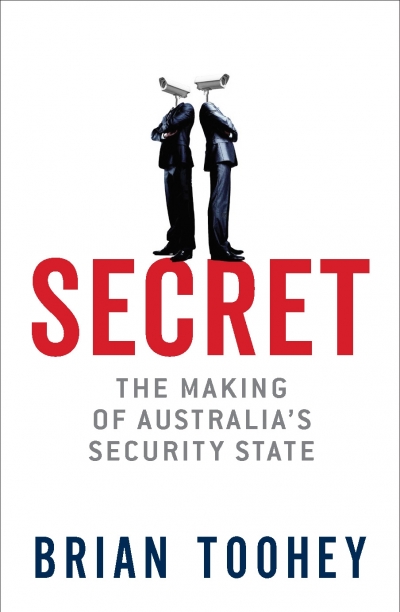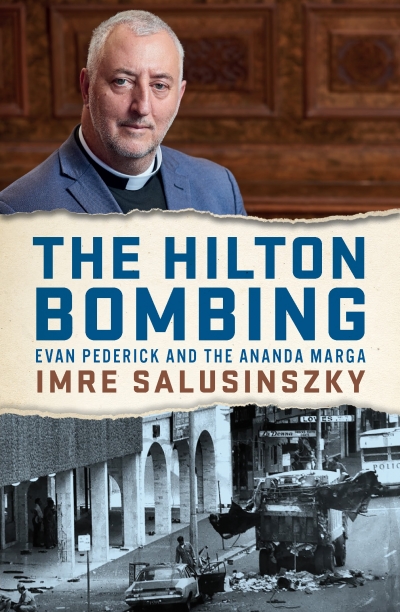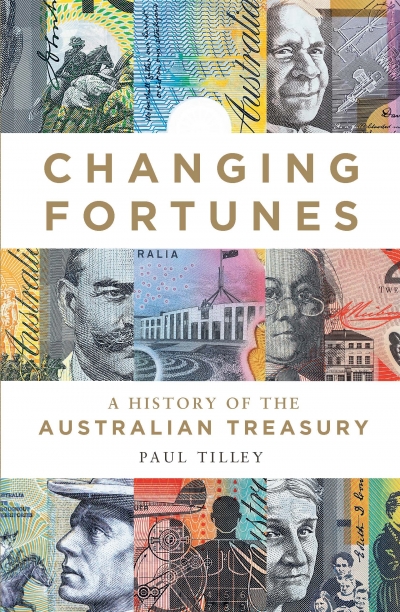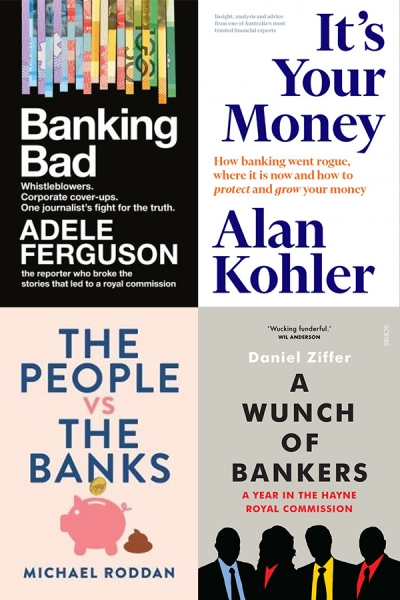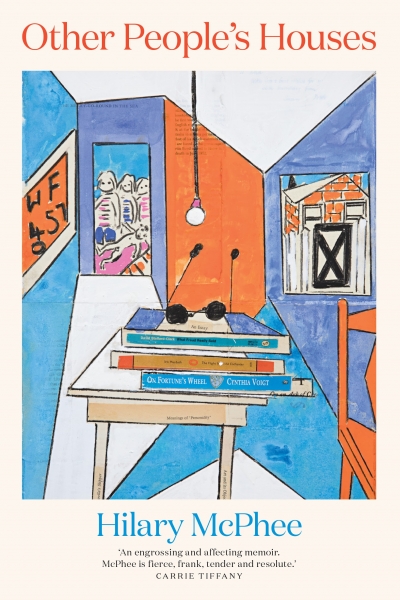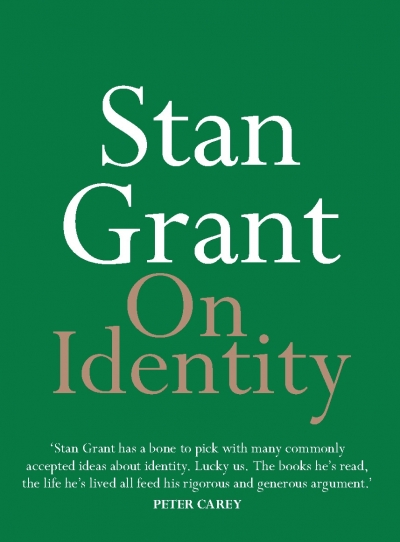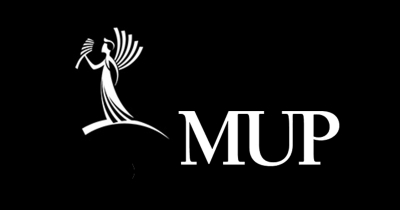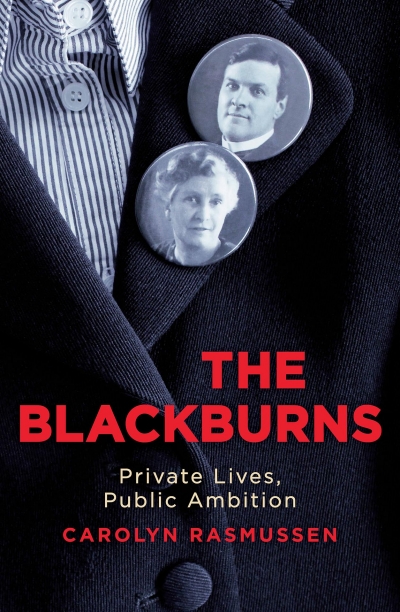Melbourne University Press
Secret: The making of Australia’s security state by Brian Toohey
The Hilton Bombing: Evan Pederick and the Ananda Marga by Imre Salusinszky
Changing Fortunes: A history of the Australian treasury by Paul Tilley
Bank bashing is an old sport in Australia, older than Federation. In 1910, when Labor became the first party to form a majority government in the new Commonwealth Parliament, they took the Money Power – banks, insurers, financiers – as their arch nemesis. With memories of the 1890s crisis of banking collapses, great strikes, and class conflict still raw, the following year the Fisher government established the Commonwealth Bank of Australia, ‘The People’s Bank’, as a state-owned trading bank offering cheap loans and government-guaranteed deposits to provide stiff competition to the greedy commercial banks gouging its customers.
... (read more)Like many of us, I think of the book as the great vehicle for the sophisticated expression of our humanity. The world needs the book more than ever...
... (read more)The Blackburns: Private lives, public ambition by Carolyn Rasmussen
The University of Melbourne’s announcement on 30 January 2019 that Melbourne University Publishing would henceforth ‘refocus on being a high-quality scholarly press in support of the University’s mission of excellence in teaching and research’, which led to the resignations of its chief executive, Louise Adler ...
... (read more)
